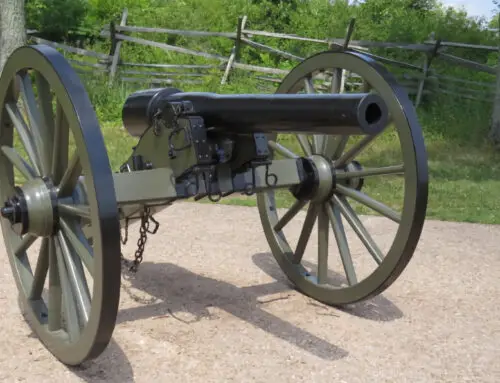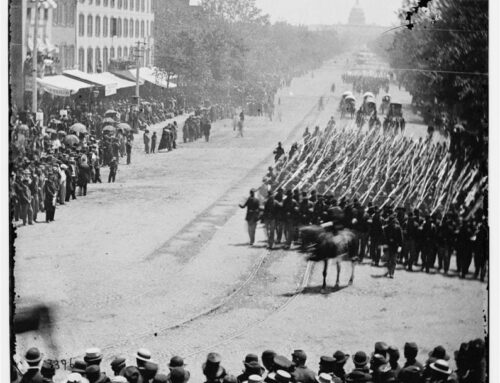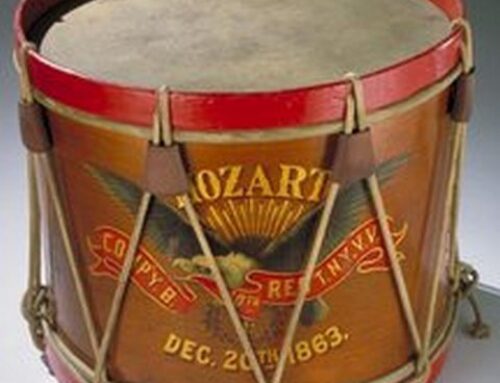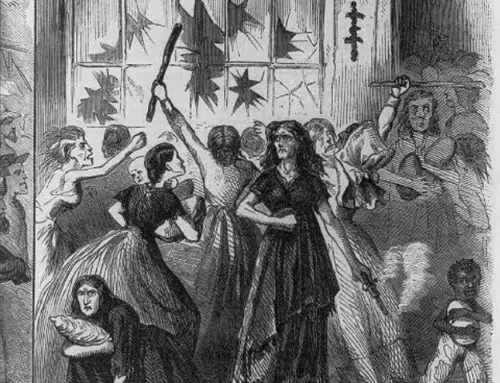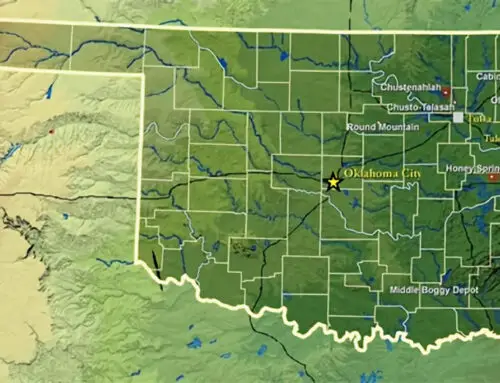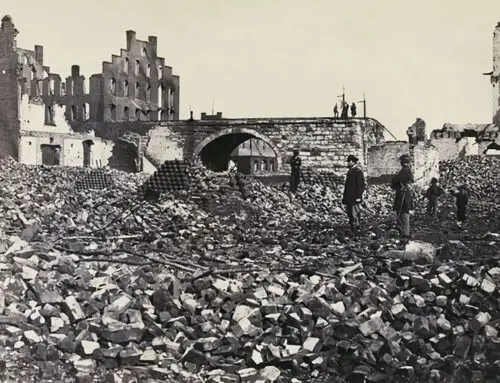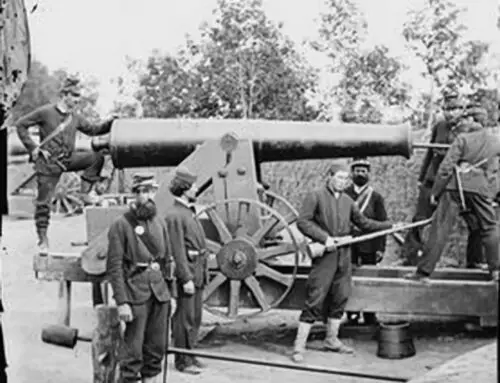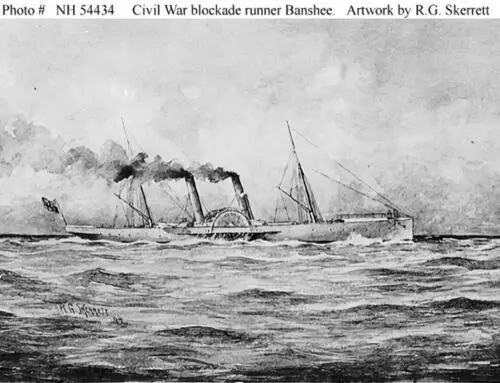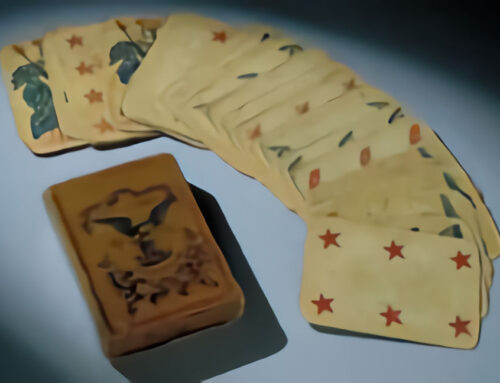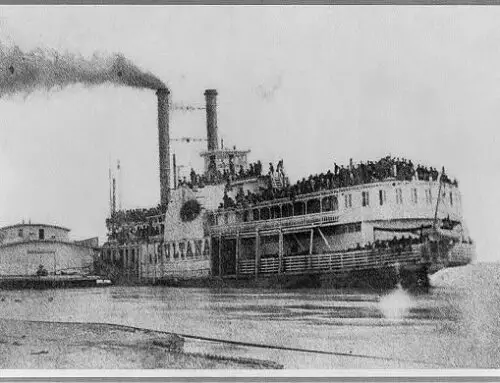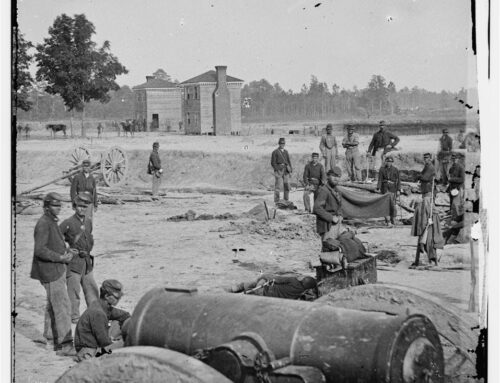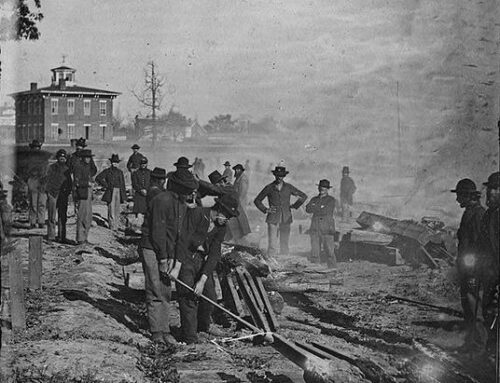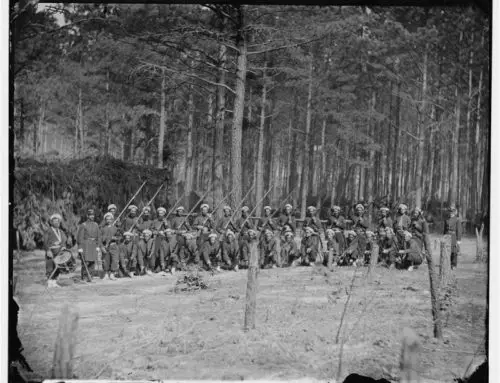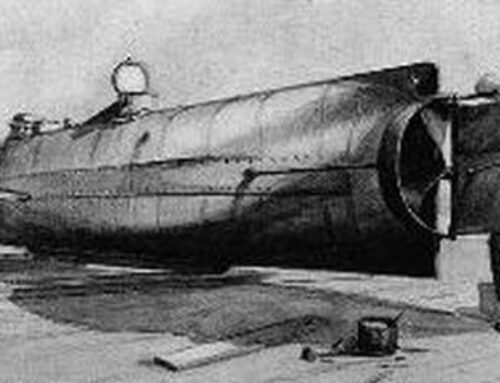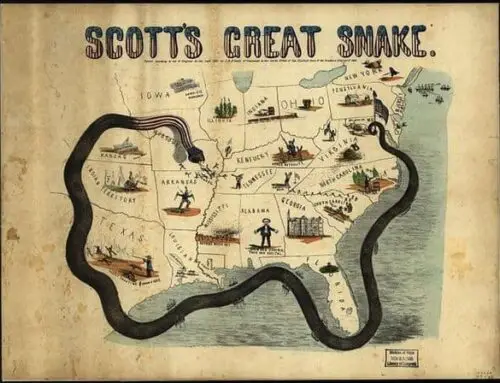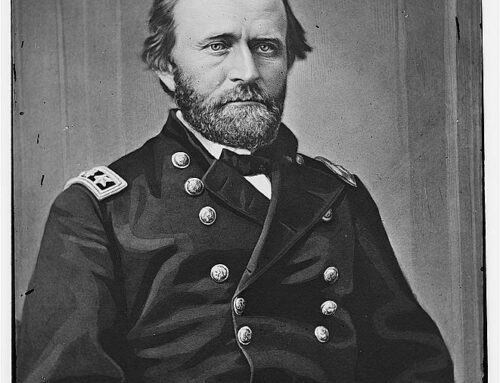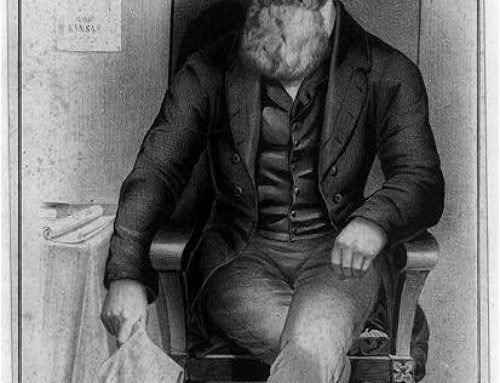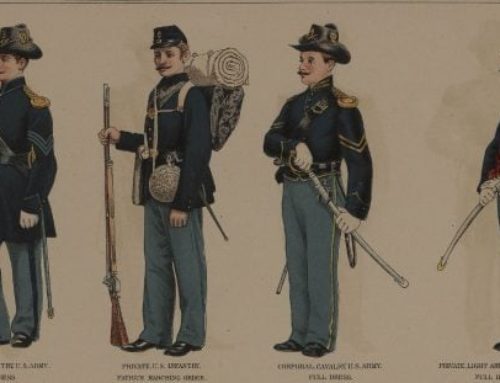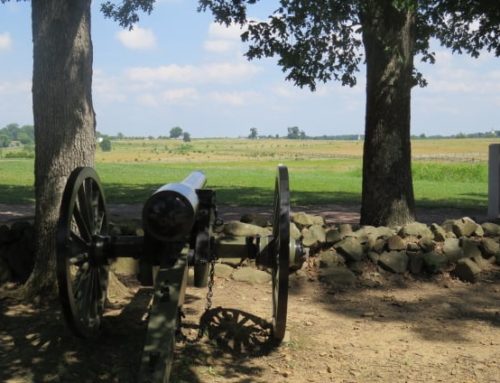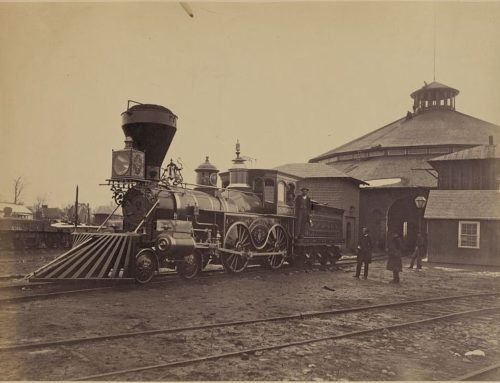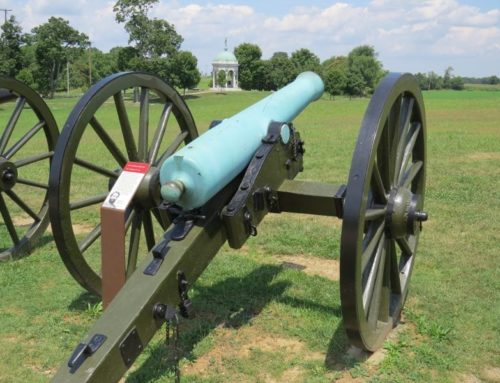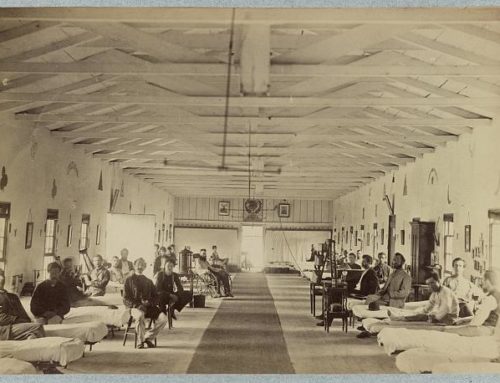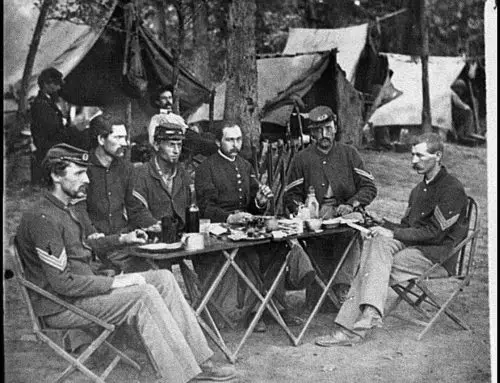(1818-1893)
General P.G.T. Beauregard was born on May 28th 1818 near New Orleans, Louisiana. On February 13th 1861 he warned the military board of the state of Louisiana that New Orleans was in dire threat of being attacked even if just one ship were to go up the Mississippi river they would not be able to stop it and it would cause massive amounts of damage to the city.
He strongly urged them to reinforce Fort Jackson and Fort St. Phillip the two forts guarding the entrance to the Mississippi River. The forts sit across from each other at the entrance of the Mississippi they were seized by Louisiana state troops in January 1861.
General Beauregard urged the leaders of Louisiana to reinforce these forts with proper defenses such as heavy cannon and to obstruct the entrance to the Mississippi with wires strong across the river between the two forts ensnaring any ship that tried to enter the river. The Union captured New Orleans one year later in 1862 by sailing past the forts up the Mississippi river and capturing New Orleans.

General Beauregard (1818-1893)
On March 1st 1861 he was appointed as the first provisional Brigadier General of the Confederate States of America. On March 3rd he was given command of all Confederate forces in and around Charleston Harbor.
The Confederates had around 6,000 soldiers in the forts and batteries surrounding Charleston Harbor.
He is most well known for being the Confederate general who ordered the opening of hostilities on Fort Sumter, starting the American Civil War in 1861.
His counterparts claimed that although he possessed a great military mind and was courageous, he failed to deliver in the most important battles of the war.
The tactical genius that was absent on the battlefield was evident in his engineering tactics. Many Confederate soldiers and a vast number of horses were saved from certain annihilation by him.
The Confederate soldiers would grow to appreciate his genuine concern for their safety and safety of their rights as Americans first and soldiers second. A caring for his fellow man would be an asset and a liability for him and would follow him to the very end.
General P. G. T. Beauregard was born in 1818, in New Orleans. His family was Creole and had French roots that could be traced all the way back to Paris. Educated at West Point and graduated in 1838, he was a highly regarded cadet in artillery and as a military engineer.
The drive to put things together and to stretch the limits of the current mobility standards of that era stayed with him through his entire career. After graduating from West Point he served in the Mexican-American War.
He fought under the command of the famous Winfield Scott and was awarded military honors for bravery shown in battle. During the Civil War, he led Confederate forces to a victory at the Battle of Bull Run. He sealed his fame in American history when he was the commander of the Confederate forces that opened fire on Ft. Sumter in 1861. This act ignited the start of the Civil War. The start of the Civil War is a point of debate for scholars and theologians alike as both sides have differing viewpoints of what really started the war.
After the South surrendered at Appomattox, he fell out of favor with his former southern officers as he took a stand against slavery and showed empathetic support for human rights. This was unheard of by a former Confederate commander. He had one last run at fame when the Egyptian government attempted to spirit him off to Cairo as leader of the Egyptian army in 1864.
The general declined and went back to New Orleans to write his semi-successful book, “The Principles and Maxims of the Art of War.” He died in his hometown of New Orleans in 1893. Forever pinned with the label as the man who started one of the darkest days in American history.

